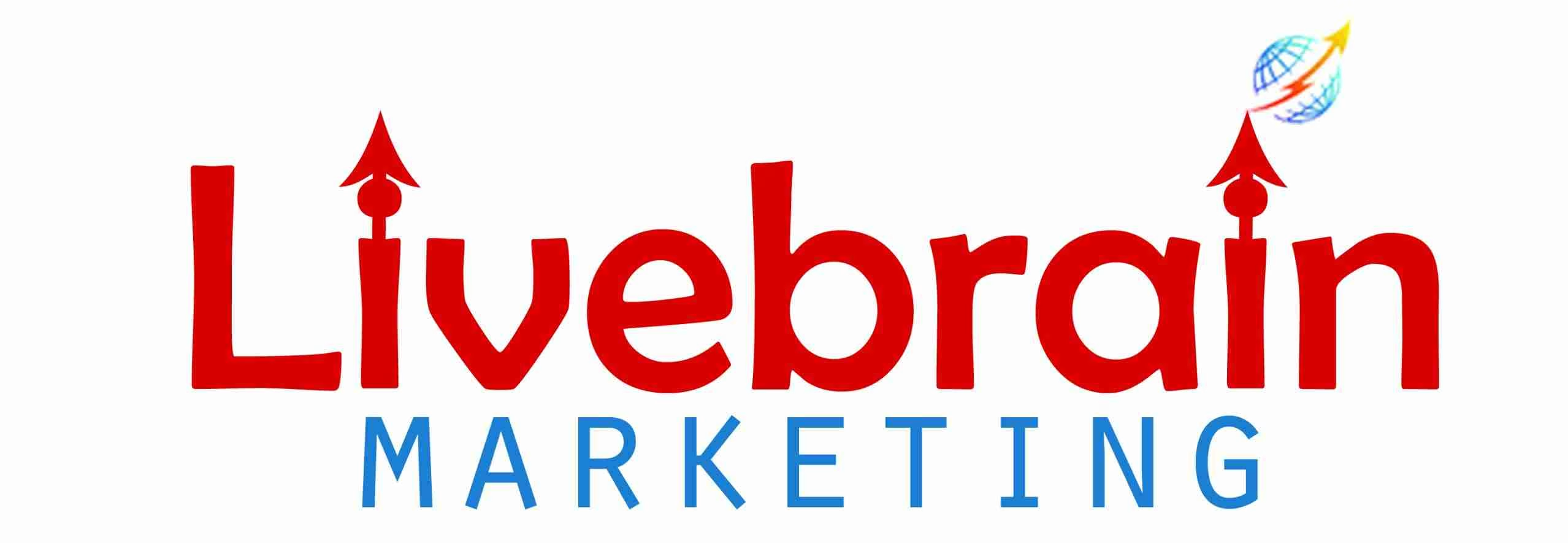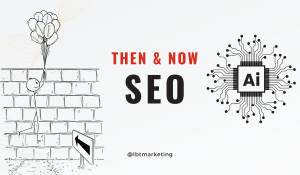In today’s digital age, the word “free” carries an undeniable appeal. With the rise of AI, it’s easy to assume that simply entering a prompt can give you exactly what you need—instantly and at no cost. But even that convenience isn’t truly free.
Whether it’s free trials, free downloads, or free websites, people are naturally drawn to offers that appear to have no price tag. However, the reality is quite different. Depending on your needs, different types of websites—such as e-commerce, portfolio, blog, business, or educational—require different levels of design, functionality, and maintenance.
In 2025, the idea of a “free website” is largely a marketing tactic designed to grab attention. In truth, these so-called free solutions often come with hidden costs. There are limitations and compromises in quality, control, and performance. Every website has different requirements, and accordingly, different pricing structures.
Let’s explore why the promise of a free website is more myth than reality, and how businesses can make smarter choices when it comes to building their online presence.
The Marketing Strategy Behind “Free”
Businesses have long used the term “free” as a way to attract customers. It’s a powerful psychological trigger that makes people feel like they are getting something valuable without having to give anything in return. However, in most cases, the cost is merely hidden. The concept of a free website follows the same principle. Companies offering free website builders like Wix, WordPress, and Weebly market their services as “no-cost,” but the reality is that you end up paying in other ways—whether it’s through limited functionality, mandatory branding, or ongoing subscription fees.
Rather than being enticed by the word “free,” it’s important to ask: What am I giving up in exchange for this offer? Understanding the hidden costs helps businesses make better choices for their long-term online presence.
The Real Costs of a Website Designing
When you dig deeper, you’ll realize that there are several costs involved in creating and maintaining a website. Let’s break down these hidden expenses:
Domain Name: A domain name is your website’s address on the internet. While some free website builders may offer a subdomain (e.g., yoursite.wixsite.com), it doesn’t look professional. To own a custom domain, you need to pay an annual fee.
Web Hosting: Every website needs a space on the internet, which is called web hosting. Free website builders provide limited hosting, which often results in slower loading times and restricted storage. For a professional website, investing in a reliable hosting service is essential.
SSL Certificate: An SSL certificate ensures that your website is secure and trustworthy. While some free website services may include SSL, it’s usually on their terms and branding. A professional website requires its own SSL certificate to build trust with visitors.
Design and Customization: Free website templates are often generic and lack the flexibility needed to create a unique and fully functional website. To stand out, businesses need to invest in custom design and development.
The Difference Between a Free Blog and a Professional Website
Many people confuse a blog created on free platforms like Wix or WordPress.com with a professional website. However, there is a significant difference between the two.
Free Blog
- Limited customization options
- Hosted on a third-party platform
- Comes with mandatory branding from the service provider
- Lacks credibility and professionalism
- Professional Website
- Custom domain and hosting
- Fully customizable design
- No third-party branding
- Enhanced credibility and trustworthiness
Consider this example: A business that uses a free blog on WordPress.com may have a URL like “yourbusiness.wordpress.com.” This immediately signals to potential customers that the business hasn’t invested in its online presence. On the other hand, a professional website with a custom domain like “yourbusiness.com” exudes credibility and professionalism.
Why Some Businesses Start with Free Blogs
Understandably, small businesses or hobbyists might start with a free blog to test the waters. However, as a business grows, it’s essential to scale up to a professional website that reflects the brand’s seriousness and dedication. A free blog may be sufficient for personal use, but it lacks the capabilities needed for a growing business.
Why Credibility Matters
In the digital age, a website is often the first point of contact between a business and its potential customers. A professional-looking website builds trust, enhances brand image, and improves customer engagement. Customers are more likely to trust businesses that have invested in a custom website compared to those relying on free platforms.
Moreover, search engines like Google prioritize websites with custom domains and SSL certificates. A professional website is more likely to rank higher in search results, making it easier for potential customers to find your business.
The Limitations of Free Website Templates
While free website builders offer a quick and easy way to create a website, they come with several limitations:
Limited Design Options: Free templates are often rigid and don’t allow for much customization, which means your website may end up looking like hundreds of others.
Restricted Features: Advanced features like e-commerce functionality, SEO tools, and analytics are usually locked behind premium plans.
Lack of Scalability: As your business grows, you’ll quickly outgrow the capabilities of a free website. Migrating to a professional website can be time-consuming and costly.
Third-Party Branding: Free website builders often include their branding on your site, which can undermine your business’s credibility.
Why You Should Consider Professional Website Design Services ?
Building a professional website requires expertise in design, development, and SEO. A website design company can create a custom website tailored to your business needs, ensuring that it stands out from the competition.
Here’s what a professional website design company offers:
Custom Design: A unique, brand-specific design that reflects your business identity
Responsive Design: A website that looks great on all devices, including smartphones and tablets.
SEO Optimization: Ensuring that your website is optimized for search engines to improve visibility.
Security: Implementing security measures to protect your website and customer data.
It’s important to remember that professional website design is an investment, not a recurring expense that locks you into paying indefinitely. Unlike free website builders that operate on a subscription model, a professionally designed website often requires a one-time upfront cost, followed by maintenance as needed.
Why It’s Worth Investing in a Professional Website
Many free website builders operate on a subscription model, charging you on an ongoing basis. Over time, these costs can add up to be more expensive than investing in a professional website upfront. A custom website may have a one-time cost, but it’s a long-term investment that pays off in credibility, functionality, and customer trust.
Consider the difference between renting a house and owning one. Renting may seem cheaper initially, but over time, owning a house is a more valuable investment. The same applies to websites—owning your website gives you full control and long-term benefits.
Make an Informed Decision
In 2025, the myth of the free website has been thoroughly debunked. Free website builders may seem attractive at first, but they come with hidden costs, limitations, and credibility issues. While free platforms may serve as a starting point for some, businesses looking to grow and establish trust must consider investing in a professional website.
Instead of falling for the “free website” trap, make an informed decision. Understand the long-term value of having a custom, professionally designed website. Investing in your website is investing in your brand’s future. Choose wisely and build a digital presence that truly represents your business’s professionalism and credibility.





